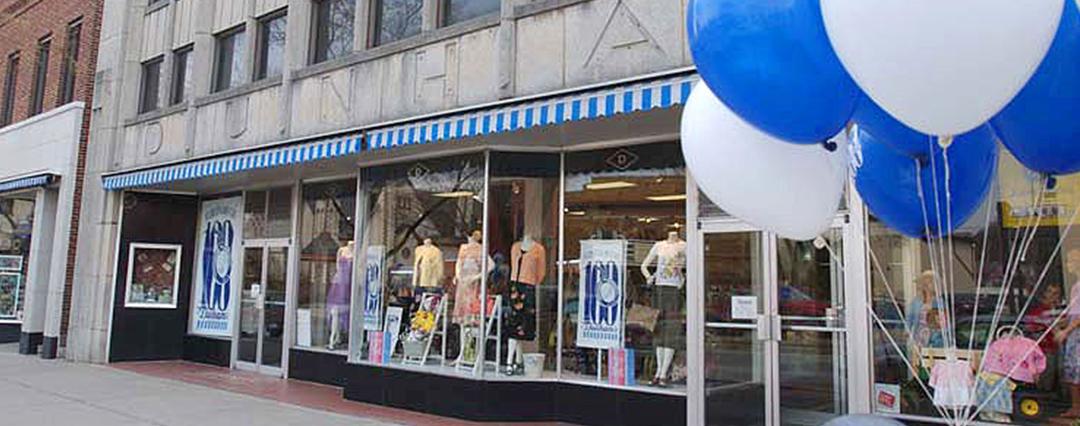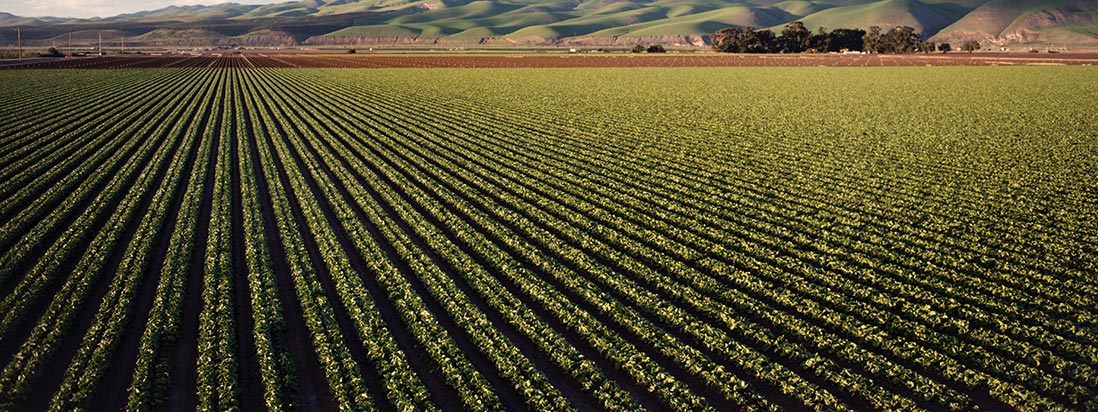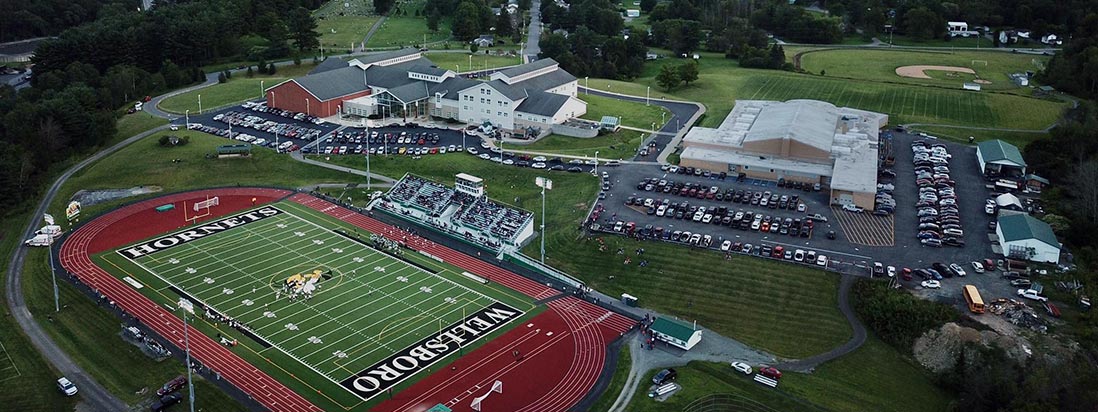Channels

Rotary

Rotary Conference

Laurel Health Centers

Penn Oak Realty

Movin Together

Bank On It

Dunhams Corner

By The Door

Questioning Life

Karschners Insurance

Ag Happenings

Back to Basics

Hornet Happenings

Live From The Hive

Momday Monday

Pennsylvania Politics

The Briefing

Weekly Highlights

Wellsboro Chamber

Summer Food Safety Tips
Warm weather and sunshine are here, and soon enough many of us will be spending more time grilling, picnicking, or attending outdoor gatherings. These warm weather events also present opportunities for foodborne bacteria to thrive. As food heats up in summer temperatures, bacteria multiply rapidly. To protect yourself, your family, and friends from foodborne illness during warm-weather months, safe food handling when eating outdoors is critical.
The Dangers of Food Borne Illness
Whether you’re the grill master or the picnic food enthusiast, the one thing that can ruin any summer outing is a case of food poisoning. Food poisoning is a common problem for millions of people each year, in both the U.S. and around the world, and is the result of eating or drinking bacteria-contaminated food or water.
Bacteria can be found everywhere. They are present throughout the environment in soil, air, water, in and on the bodies of people and animals, and in food. Most foods naturally provide the moisture and nutrients needed for bacteria to flourish. Foodborne bacteria grow fastest at temperatures between 90 to 110 °F and during the summer months, the warmer temperatures and higher humidity are ideal for bacterial growth.
Symptoms range from mild to severe and commonly include:
- Abdominal cramps
- Diarrhea (may be bloody)
- Fever and chills
- Headache
- Nausea and vomiting
- Weakness
In the unfortunate case you have food poisoning, what should you do? Most cases of food poisoning can be treated at home and last only a few days. Symptoms of food poisoning can cause dehydration which when left untreated can lead to a medical emergency. If symptoms last more than a few days or become worse over time, you should contact a doctor.
Tips for Safe Summer Food Preparation
Before you lay out a picnic blanket or fire up the grill, keep in mind these safety tips for your next summer cook-out:
1. Defrost meat properly. Plan ahead and avoid defrosting meat by leaving it on the counter for hours. Be sure the meat maintains a safe temperature and defrost in a refrigerator. The same rule applies to marinating meat – place in refrigerator and do not reuse.
2. Clean your produce. Make sure you rinse fruits and vegetables with water. Before washing produce, clean your sink with detergent, to avoid cross contamination from any previous preparations done with raw meats. Never use detergents or chemicals to clean produce. If they have a firm skin, rub them with a wet brush. Pat dry so they are ready to eat or prepare for a salad.
3. Size matters in buffets. If you aren’t sure how quickly the food will be eaten or guests will be arriving at different times, put out small platters and fill them up throughout the day. Back-up dishes should be stored in the refrigerator or coolers and hot dishes kept in the oven at a low temperature.
4. Take food temperatures. Keep a quick read thermometer at hand. Hot foods should be served at 140 F or warmer. Cold foods should be kept at 40 F or cooler. Food allowed to set out for a long-time at an unsafe temperature could cause illness.
5. The two-hour rule. If food is left out at room temperature for more than two hours, it is time to throw it out. If the food needs to be left out more than two hours, than keep it at the advised temperatures using cooling plates, ice bathes, or crock pots.
6. Separate raw and cooked foods. If you’re grilling, make sure you keep raw and cooked foods separate. Do not reuse cutting boards, platters, or utensils without washing them after touching raw meat. Prepare raw and cooked foods in designated spaces to avoid cross-contamination.
7. Wash your hands and keep surfaces clean. Just like stopping the spread of COVID-19, you can stop the spread of food-borne bacteria by properly washing your hands and keeping your food preparation spaces clean. After you touch raw food, stop and wash your hands before touching any other surface. There are many cleaners that are safe for food preparation surfaces, just be sure to check the label to avoid any accidental contamination or poisoning.
Summer this year may look a little different. As the state transitions from yellow to green, kickoff your summer season with safety in mind. Be sure to follow the state guidelines for social gatherings including observing proper social distancing, wearing a mask, and washing your hands. Meals are best when shared, so practice safe summer food handling to make the most of your time outdoors with family and friends.
Julie Raup is a registered dietitian and director of Food Services at UPMC in the Susquehanna region. She is ServSafe certified by U.S. National Restaurant Association. For more information on nutrition and food safety, visit UPMCSusquehanna.org.
Credits:
Writing: Julie Raup, Registered Dietitian / Food Service Director / UPMC Susquehanna
Home Page Sponsors: UPMC






































